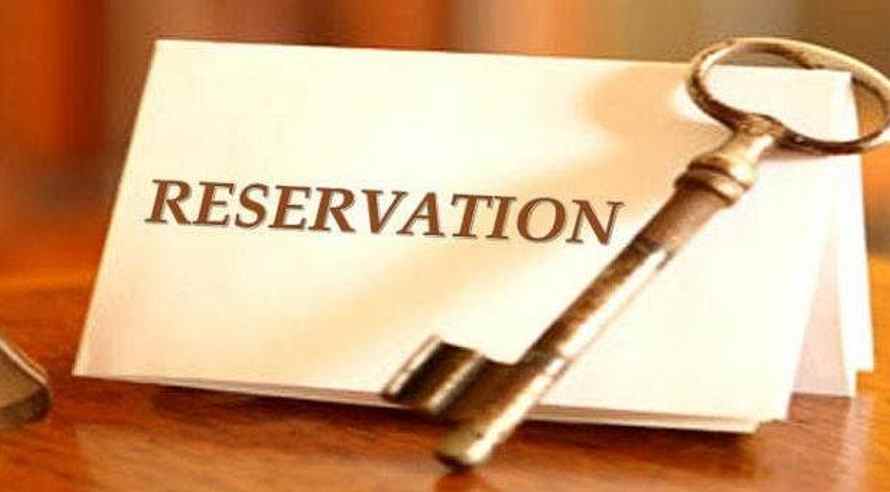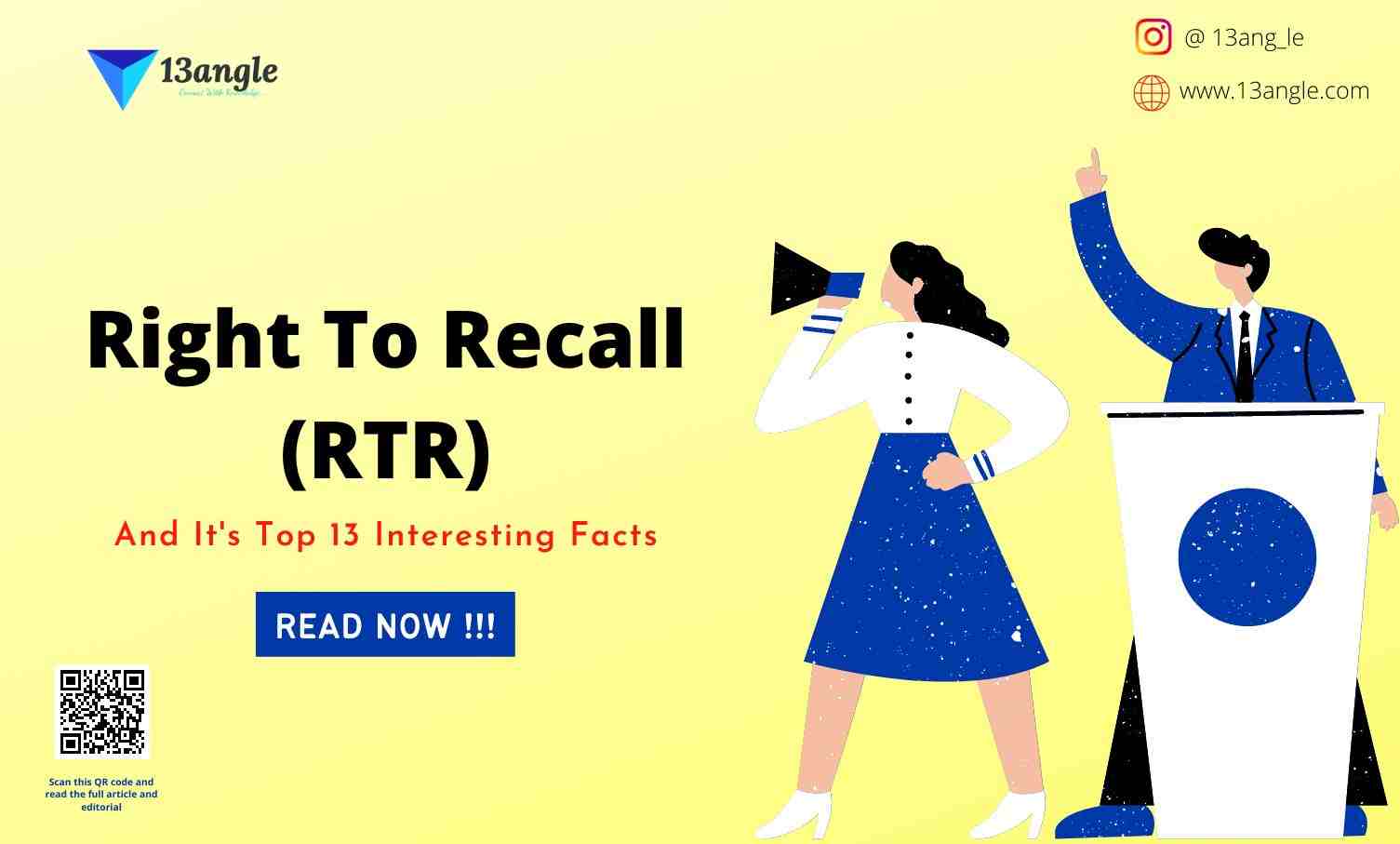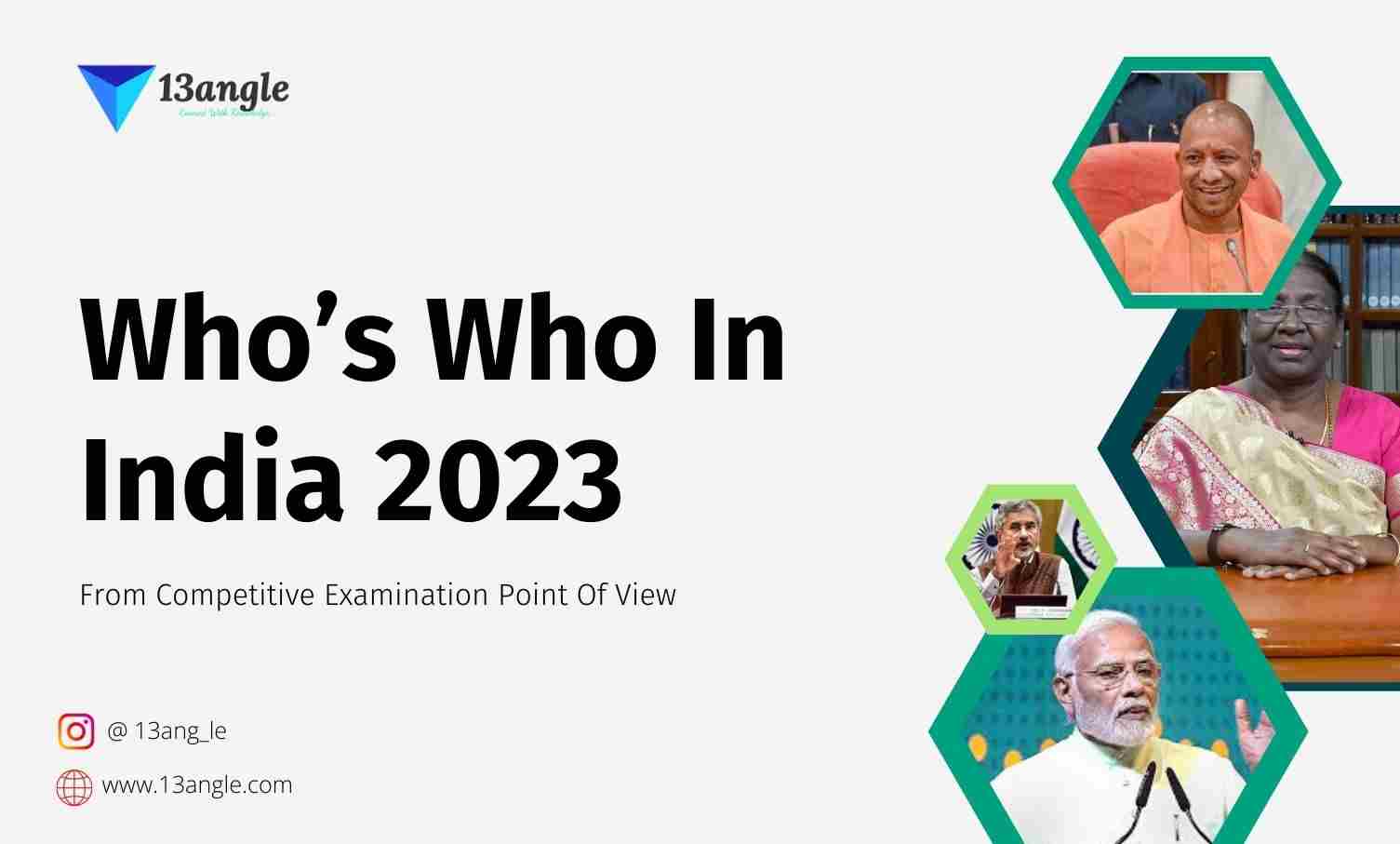
Introduction
- The constitution is a document that consists of all the rules and regulations that are meant for the smooth working of a nation. After the independence of our country, we saw it consists of vast diversity in every aspect from region to language spoken. This triggered the necessity of equal representation in the minds of constitutional makers. During colonial rule, we have seen that discrimination among the people was very prominent based on their caste. This discrimination ended up making the lower castes the vulnerable section of society. To tackle this situation and make these people empowered after the independence lower castes and minority groups got a reservation in every field so that they can get equal representation in every aspect of nation-building and never get left out. But now the question arises after 75years of India’s independence do we really achieve that idea of equality with all of these methods?
Who Are Considered As Obcs In India?
- India was deprived of the evil of untouchability and mostly people from scheduled castes and scheduled Tribes were the victims of it. They were not allowed to enter temples or to hear the holy text. They were also not allowed to work in the same post with upper caste people even under British administration. In Indian history, we have seen voices being raised for the rights of scheduled castes and scheduled Tribes. The concept of OBC came after a very long time of independence other backward classes were introduced in the year 1991 Which included all castes other than SC and ST which are socially and economically backward. OBCs are provided the same type of reservation and age relaxation as SC and ST but are slightly less. Some of the prime beneficiaries of obc reservation are Yadav, Kumari, Jats, Saini, and thevar.
Indira Sawhney Vs The Union Of India
- The case is also called the Mandal verdict. The case was a dispute between Indira Sawhney and the state. The verdict was given by the supreme court on 16 November 1992. During the discussion, it was seen that backwardness has been a prominent reason which has become a roadblock to the upliftment of backward classes. In the verdict, the court has ordered the government to set up a council that will work for giving suggestions in the context of backward classes. Later in the year 2018, this council was established and written in the constitution and became constitutional.
NCBC (National Council Of Backward Classes)
- The national council of backward classes was formed in the year 1993 with the aim to give major feedback on the problems and how they can be solved by the government. it is a constitutional body from the 102nd amendment to the constitution. NCBC has the powers of a civil court and can act accordingly on the complaints filed in it.1950s and 1970s Under kaka kalekar and B.P Mandal to understand the situation of backward classes. In the year 1992, the case of Indira Sawhney vs Union of India became the benchmark in getting the talks all around the country to come up regarding equal rights for OBCs.
Powers And Work Of NCBC
- OBC is not like SC and ST which have been stated once in the constitution and will then be listed for reservations. But, in OBC there has been a list of the cast which were considered socially backward and NCBC has the power to enter any of the castes present in the country and can also remove castes from the list. This council also has the power to safeguard these backward classes from any kind of harassment in society based on their caste background and they can also make rules to safeguard them to some extent.
Mandal Commission
- Mandal commission played an important role in understanding the importance of creating the third category for reservations. It was formed in the year 1979 by the government of Morarji Desai to understand the current living conditions and surviving situation of these people and suggest some of the ways in which the reservation can be given to them. After all the discussions and debates that happened within the commission, they advised the government to give a reservation of 27 percent in all positions in the government and public sector undertakings to all the castes included in the OBC list which took the whole reservation percentage of this country to 49 percent. The committee was headed by B.P Mandal who was a parliamentarian at that time. The report got completed in the year 1980 when there was the government of VP Singh implemented it. We have seen during the working of this country that many commissions came and gave their suggestions to the government but only a few of them became successful and the Mandal commission is considered one of the most successfully implemented in the country.
Controversies On Mandal Commission
- “India after Gandhi” is a book written about a famous historian Ramchandra Guha whom he talked about the country after its independence in which he also talked about the agitations that took place against the Mandal commission. At that time almost 200 students self-immolated themselves in the protests against this commission. These agitations and protests got settled down when the OBC criteria were implemented on the ground.
Concept Of Creamy Layer

- In the previous headings, we have talked about the historical case of Indira Sawhney vs the state. This case gave birth to the idea of a creamy layer. It was a bench of 9 judges that passed the ruling in this case. According to the current rules, a family which has an income of more than 8 lakh rupees per annum is considered a member of other backward classes but in the “creamy layer” which means they are not eligible for the reservations in any public domain. This verdict made suggestions given by the Mandal commission even more strong as now the reservations are not only based on the caste to which you but also on the current financial condition of your family. Recently, in July 2020 national commission for backward classes demanded to the government to increase this slab of 8 lakh rupees per annum to 16 lakh rupees per annum.
Impact Of Mandal Commission
- The lawmakers or the people who have been involved in building the framework for other backward classes knew that they will be considering the castes as backward based on cumulative data about their current economic, educational, and societal standards which was a great move. But if we try to think about this with tasking the current situations in mind that a large amount of the benefits that were given were within the reach of the people who are slightly above average in terms of educational upbringing as the concept was very tricky. The OBC reservations are seen to be working very fine when seen on government records, but does it make sense when we try to see the idea of no discrimination in society?
Social Impact Of Reservations
If we talk about reservations in general which have been an integral part of our administrative environment have increased the representation of the citizens from lower castes, but does it have affected our thinking towards them? When we talk about it to the younger generation which means the people between the age of 18 to 35 who lives and had spent most of their life in an urban environment are least interested in knowing about and bother about the castes of the people whom with, they are friends with, or they are working with. People from SC, ST, and OBC in these settings get the most out of the benefits of the reservations and correctly fulfill the real motive and make the place around us neutral in the sense of any kind of discrimination. But caste discrimination is still a practice that has been seen in the villages and places where development has not been done to that extent like a metropolitan city. Violation of these reservations has also been seen in different types. as we know that people who are in the creamy layer of OBC background cannot enroll for any reservations so people make conned income certificates which can make them eligible for it.
Census also gives a great contribution to helping the councils to create frameworks and plans which can help in reducing social discrimination. The data which has been issued by our government about the complete census is from the year 2011 and all the departments are working on the data for 2011. It has been a decade since that, and from that time India’s population has grown exponentially and there have been changes in the technology used, working environment, world market, and various which must be considered during the implementation of such a big and densely populated nation. After the year 2016 when India witnessed increased connectivity of the nation via the internet which reduced the gaps between people and made the people become more self-reliant for job opportunities and made their thinking neutral from any kind of discrimination which can become the greatest asset to our nation in becoming a developed nation.
Caste And Politics

- We often hear the statement that India is the biggest successful democracy that has ever existed in the world but, it has its own challenges which are needed to be discussed openly and solved with the help of the correct administration. In our rule book, it has been said that people should cast their vote in favor of the person whom they believe would work in the favor of society people who are contesting in elections often use the sentiment and attachments of the people with their caste and religion to get political gains. This most of the time creates a social divide in the minds of people which makes them feel like a victim to the other group of society. In this, we cannot take any name of a particular political party or place where this happens because nowadays it has been a prominent practice in almost every type of voting process conducted in India. A rich variety of living conditions, languages are spoken, and educational backgrounds often accelerate the thinking of social exclusion in the minds of people. What can we do to reduce this and make the voting process more just? For this people first must start talking with people outside their community also which would give them a different perspective to understand a particular problem. Also, media plays a great role it is shaping the minds of the people so never stick to only one source of news providers read various newspapers listen to different news channels and read articles on various news-providing websites which gives a person a bird’s eye view on the current situation of the country. Social media also often plays a negative role in creating isolation between people instead of keeping them closer and one should keep themselves away from the hatred of social media as our representatives keep themselves from real problems.
Top 13 Facts You Need To Know About OBC Castes
The first ever commission that was set up to provide data about the people from various castes that can be included in OBC for reservations was in the year 1953.
The second one was made in the year 2972 to confirm the reserved classes.
27 percent of seats have been reserved in the central government services.
The central government can provide a maximum of 50 percent reservation on the central services.
State government can also pass their own laws to add more reservation categories in their states.
After the year 1990 representation of OBCs in administrative services like IAS, IPS, and IRS has increased immensely.
The term “creamy layer” was first used during the court case of Indira Sawhney.
After some time, the non-creamy layer was introduced in the OBC list which means people having a family income above a certain value would not be applicable for Reservation.
The upper cap for the creamy layer was increased thrice and recently it was increased to rupees 6 lakh in the year 2017.
It has been recently in the news that the government is going to increase this upper limit further.
In the year 1979, 3747 castes and communities were entitled to the OBC category.
As per the national council of backward classes right now there are 5013 castes and communities under it.
97 percent of all OBC quota central government jobs benefit goes to 25 percent of its caste.






